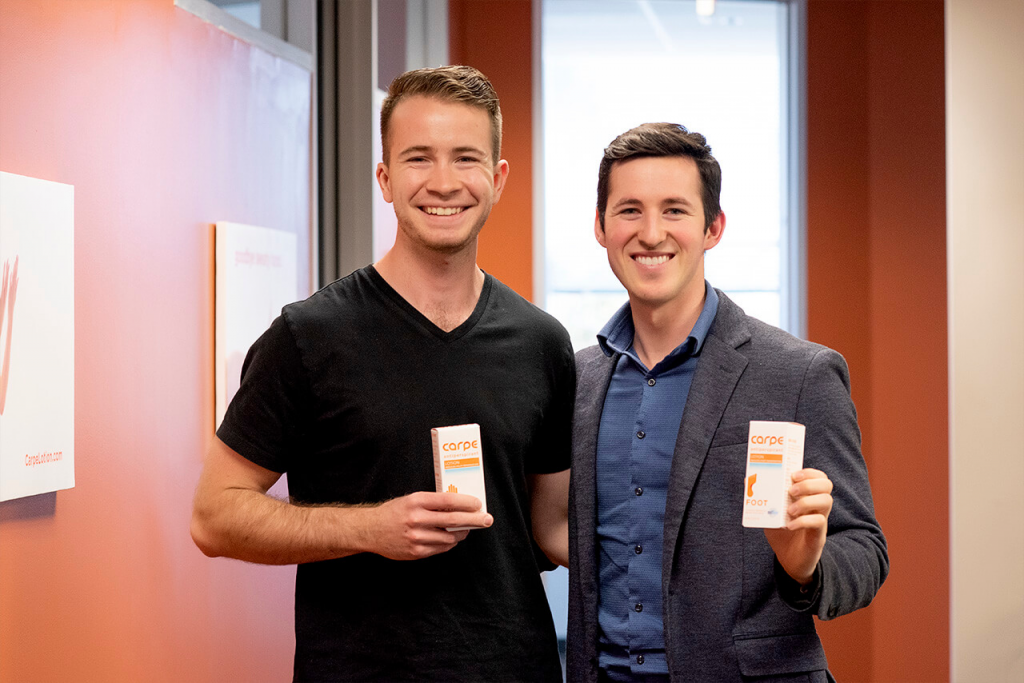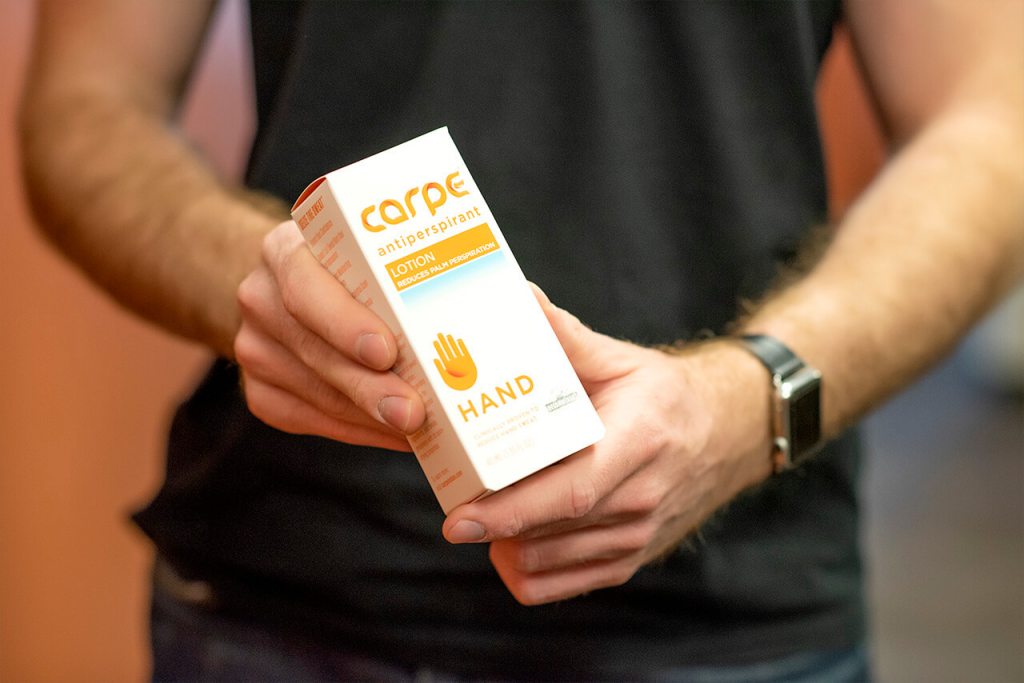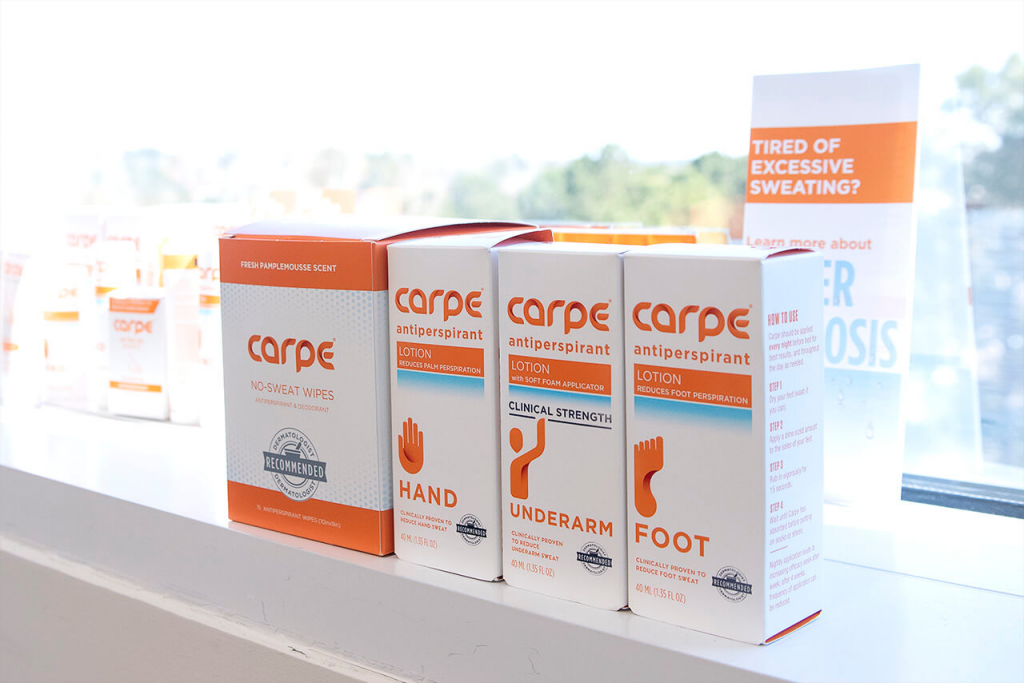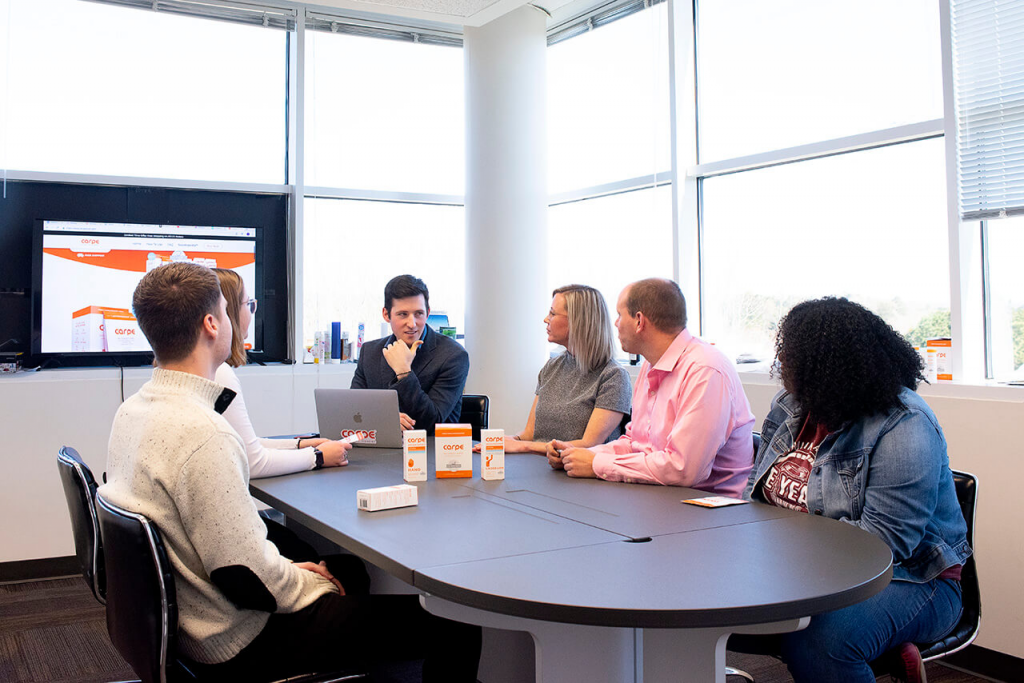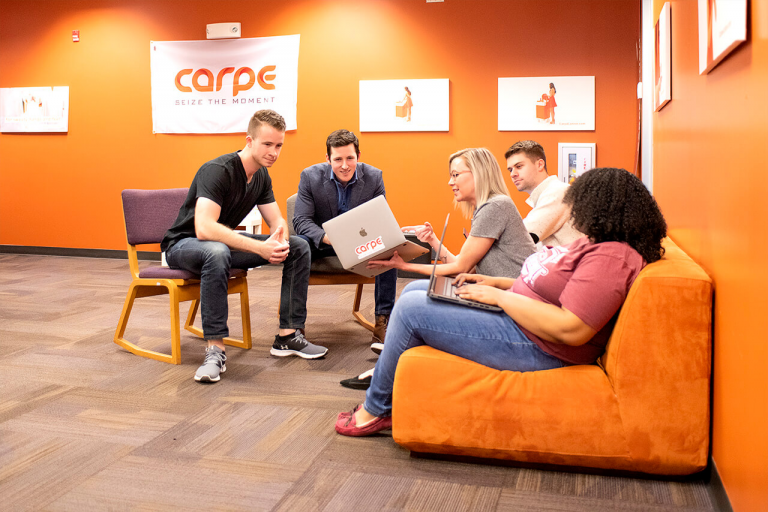
Meantime Coffee Opening Second Student-run Cafe at the Innovate Carolina Junction
The Meantime Coffee Co., Chapel Hill’s only student-run, nonprofit café, will open a second location at the Innovate Carolina Junction on November 8, 2024. The new café, Meantime at the

 | UNC-CH
| UNC-CH
